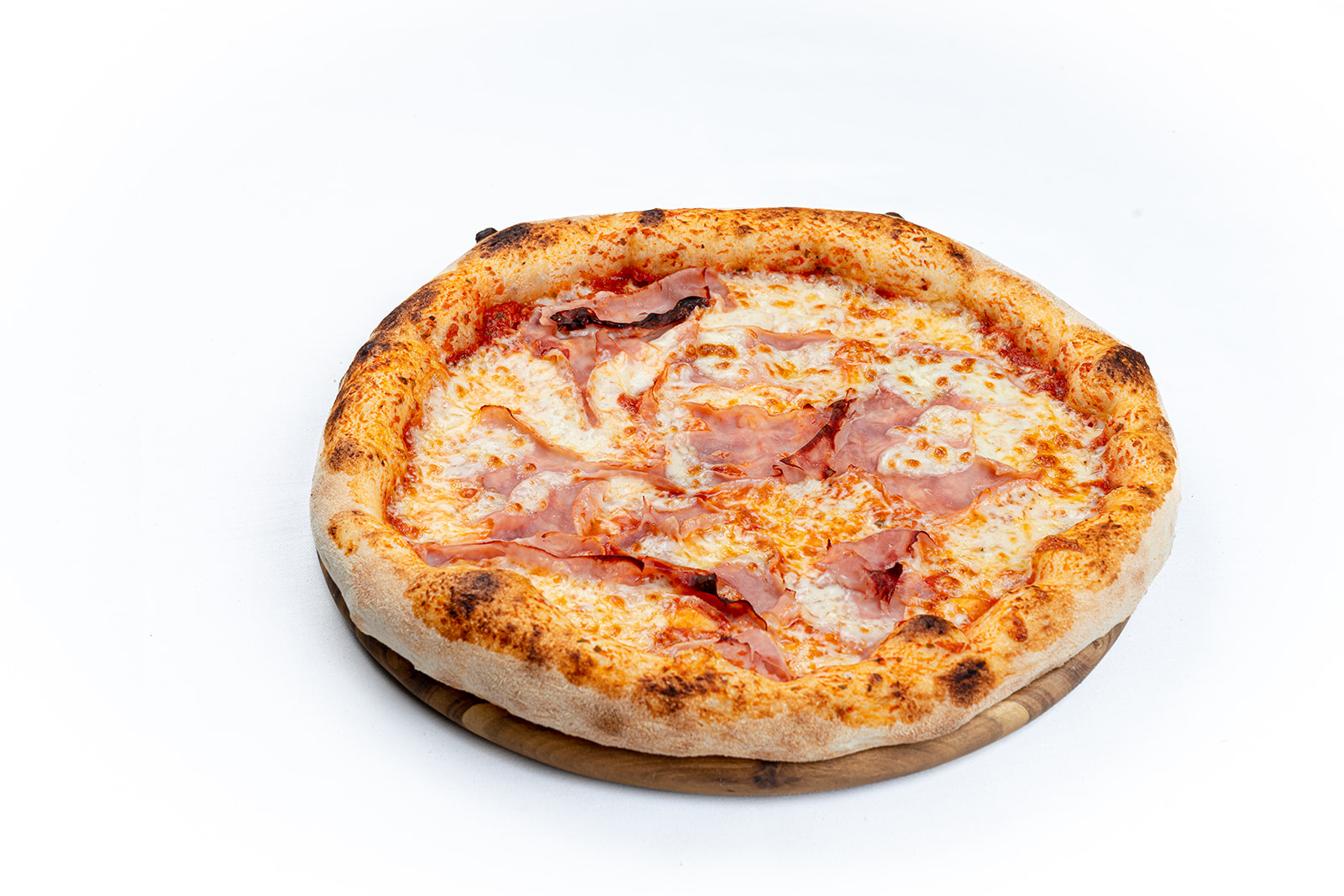
Understanding National GF Day
National GF Day, celebrated annually on September 13, has emerged as an important event for individuals who avoid gluten in their diets due to celiac disease or gluten sensitivity. With an increasing number of people adopting gluten-free lifestyles, this day serves to raise awareness, share resources, and foster a sense of community among those affected.
The Rise of Gluten-Free Awareness
The gluten-free movement has gained momentum over the past decade, shifting from a niche dietary choice to a mainstream necessity for many. Recent statistics suggest that approximately 1% of the global population suffers from celiac disease, a serious autoimmune condition. Additionally, many people report non-celiac gluten sensitivity, leading to further research and discussion regarding gluten in everyday diets.
As consumer demand grows, supermarkets and restaurants are increasingly catering to gluten-free needs, offering a variety of products that not only meet dietary restrictions but also delight the palate. This trend aligns with shifts in dietary patterns, where health-conscious consumers are more mindful of what they eat.
Celebration Activities
This year, National GF Day activities include local gluten-free markets, educational workshops on gluten-free cooking, and social media campaigns encouraging people to share their gluten-free recipes and experiences. Restaurants are also joining in, showcasing special gluten-free menus to honour the occasion.
Social media influencers and dietitians are leveraging platforms like Instagram and TikTok to create a buzz around National GF Day, sharing tips, personal stories, and delicious gluten-free meal ideas that foster inclusivity and empowerment within the community.
The Importance of Community
National GF Day highlights the significance of support networks for individuals navigating gluten-free lifestyles. Community groups and organisations play a vital role in providing valuable resources, from dietary guides to mental support for those adjusting to gluten-free living. This celebration not only raises awareness of gluten-related conditions but also creates a strong, supportive environment for individuals and families who often face social challenges when dining out or attending events.
Conclusion
As we look forward to National GF Day on September 13, it is increasingly evident that this celebration extends beyond dietary preferences. It represents a vibrant, supportive community striving to improve each other’s quality of life. By promoting education, accessibility, and understanding of gluten-free living, we pave the way for greater acceptance and celebration of diverse dietary needs. Let us embrace the significance of National GF Day and continue to support one another in our gluten-free journeys.
You may also like

The Evolution and Cultural Impact of Pizza

Exploring the Latest Food Trends of 2023
